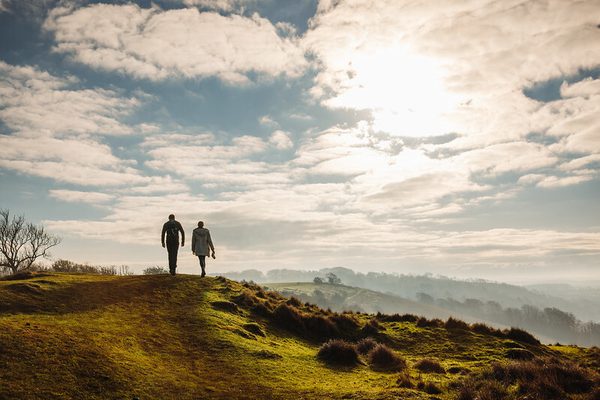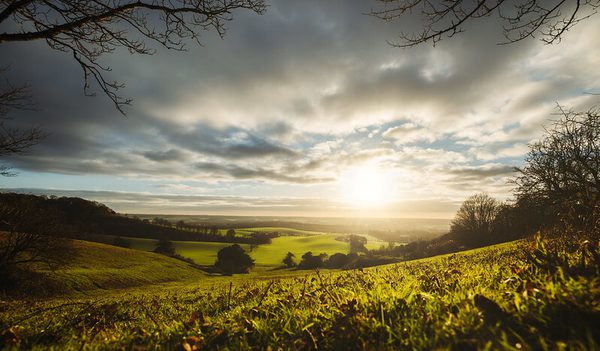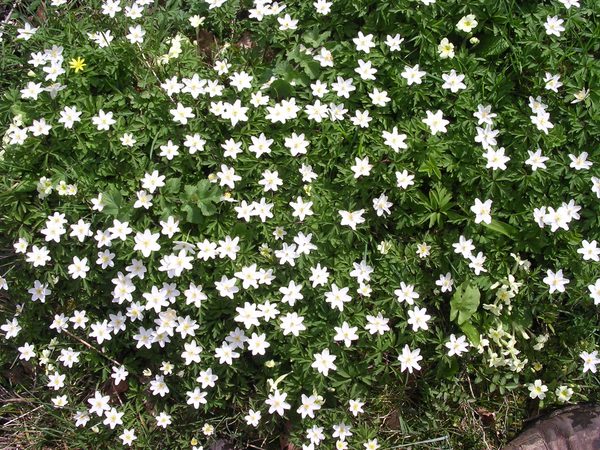About us

About us

Background
Growing from an initial partnership of Protected Landscapes, the Big Chalk Partnership comprises more than 150 organisations with a common vision of creating thriving chalk and limestone landscapes across southern England.
At its heart are 14 National Landscapes, the South Downs National Park and nine National Trails, including the iconic Ridgeway.
Big Chalk performs a vital role in nature’s recovery, connecting national targets and plans with participatory modes of delivery, including regional and local partnerships and farm clusters.
Importantly, it helps ensure delivery is effective and makes the best use of the resources available.
Big Chalk has been supported through several development phases, firstly by Natural England and then, since 2023, by the Protected Landscapes Partnership, supported by Defra.
The National Landscapes Association hosts the programme lead.

Our vision and mission
Our vision is to create nature-rich chalk and limestone landscapes that benefit all of us.
Our mission is to collectively secure the future of nature in southern England’s iconic chalk and limestone landscapes, by:
- championing the global importance of their unique nature,
- uniting nature recovery expertise to restore habitats and species, and
- working with speed, scale and focus.
The change we can make together
By growing the size and reach of our partnership, we can increase the scale and pace of nature recovery activity across the Big Chalk geography (20% of England).
This will help deliver national ambition and targets for nature while building ecological resilience to climate change, through significant improvements to:
- the area, quality and connectivity of species-rich grasslands, woodland and farmland habitats,
- the quality and function of England’s chalk streams and rivers, and
- the abundance and range of priority species.
Wherever possible, we will seek and promote solutions which also deliver public goods, including protecting historic and cultural heritage, water management, soil health and carbon sequestration, natural beauty and health and wellbeing.

Funders and Partners
The current phase of Big Chalk development is funded by the Protected Landscapes Partnership, supported by Defra.
This funding has enabled the appointment of a dedicated programme development role, as well as communications, brand and website development and a partnership conference.
The partner organisations currently represented on the Partnership Board are listed here
Nature’s map: connecting places and people
The Big Chalk ARCGIS map and dashboard is an interactive tool designed to help partners, stakeholders, and communities explore the rich natural heritage of our chalk and limestone landscapes.
It brings together key data layers — from chalk grasslands and ancient woodlands to SSSIs and chalk streams — to give you a clearer understanding of where our most important habitats lie.
With simple filtering and visual breakdowns, the dashboard allows you to explore patterns, priorities, and opportunities across the Big Chalk area.
Whether you're planning restoration work, making the case for nature, or simply learning more about these extraordinary places, this tool helps visualise and support nature recovery at scale.
The ARCGIS map opens up the bigger picture of habitats and landscapes, while the project map is focused only on showing where approved Big Chalk projects are taking place. You'll find that here.
Governance
The Big Chalk model is one of a small core organisation, connecting and amplifying the activities of its partner organisations.
Delivery on the ground is partner-led, by existing or, where needed, forming new partnerships.
Big Chalk’s activities are overseen by a Partnership Board, made up of representatives from a cross section of partner organisations.
Knowledge transfer in the Partnership happens through a series of topic groups, which meet online around three to four times a year.
Want to find out more?